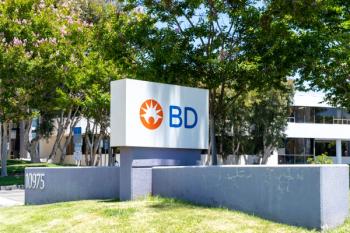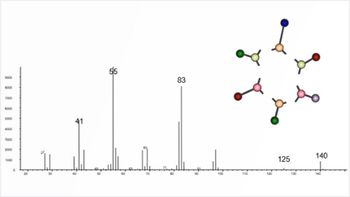
Green and Selective Sample Preparation Methods Enhance Analysis of Complex Samples
In a lecture at HPLC 2023, Valérie Pichon of ESPCI Paris and Sorbonne University said these advances address limitations of more traditional extraction techniques.
Valérie Pichon from ESPCI Paris and Sorbonne University presented her keynote lecture at HPLC 2023 on green and selective sample preparation methods that improve the analysis of complex samples (1). The methods involve miniaturizing the extraction devices to reduce solvent consumption and implementing extraction sorbents with molecular recognition mechanisms to enhance selectivity. These advances address the limitations of traditional techniques, such as liquid–liquid extraction (LLE) and solid-phase extraction (SPE), which require large amounts of solvent and lack selectivity for ultra-trace analysis. Pichon demonstrated the potential of these methods through successful applications on real samples, highlighting their effectiveness in analyzing complex samples with minimal solvent usage.
Pichon detailed how the team miniaturized the extraction devices, reducing the amount of solvent needed for sample preparation. By implementing solvents that are more environmentally friendly, the researchers improved the sustainability of the method. They employed extraction sorbents with molecular recognition mechanisms, such as immunosorbents, oligosorbents, and molecular or ion imprinted polymers. These sorbents selectively extract target molecules and their structural analogues, enhancing the reliability and sensitivity of quantitative analysis at trace levels. The miniaturization and inline coupling of these sorbents with nanoLC contributed to further solvent reduction and improved sample processing.
The developed methods enabled the elimination of matrix components during sample processing, mitigating the risk of matrix effects commonly encountered in liquid chromatography–mass spectrometry (LC–MS) analysis. The use of molecular recognition-based sorbents allowed for the selective extraction of target analytes from complex samples, reducing co-elution during subsequent chromatographic analysis. These methods were applied successfully to real samples, demonstrating their potential for analyzing complex samples as small as 50–150 nL. These advances are particularly beneficial for the analysis of trace or ultra-trace compounds in biological fluids, where purification and pre-concentration steps are often required. The green and selective nature of these sample preparation methods contributes to more sustainable and environmentally friendly analytical practices.
The talk highlighted the potential of green and selective sample preparation methods in enhancing the analysis of complex samples. By miniaturizing extraction devices and employing sorbents with molecular recognition mechanisms, the team was able to reduce solvent consumption and improve selectivity. The use of environmentally friendly solvents further enhanced the sustainability of the method. Successful applications on real samples validated the effectiveness of these advances, illustrating their ability to analyze complex samples with minimal solvent usage.
Reference
(1) Pichon, V. Green and Selective Sample Preparation Methods. Presented at: HPLC 2023. June 18–22, 2023. Duesseldorf, Germany. KN44.
Newsletter
Join the global community of analytical scientists who trust LCGC for insights on the latest techniques, trends, and expert solutions in chromatography.




